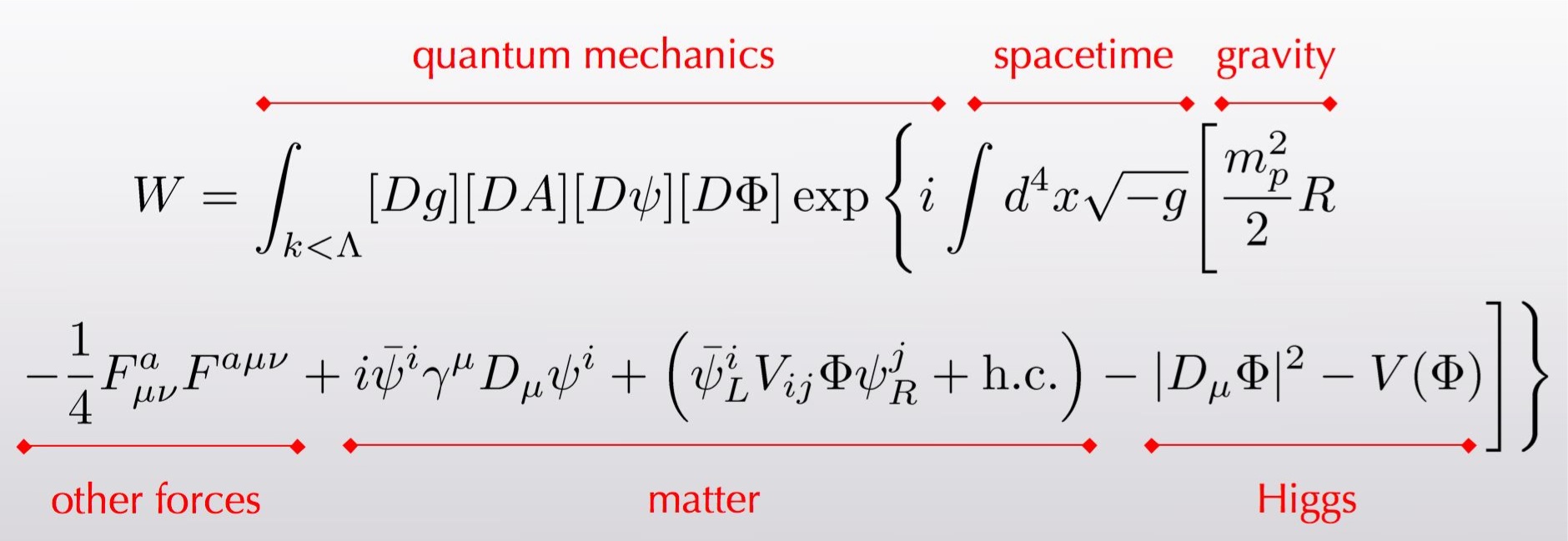Originally posted by The Thinker
View Post
If you want to bring in Aristotelian metaphysics into this, like final and efficient causes, you will be undermining libertarian free will, because the Aristotelian principal is incompatible with LFW: (Whatever is changed is changed by another, or, in its more traditional formulation, Whatever is moved is moved by another.) If the soul is changed to cause one action vs. another, then it must be changed or moved by something else that is not itself, and that means it isn't free and must be caused.
But if you want to discuss that point, you seem to be incorrect. After all, Aristotle argued that there exists an unmoved mover. Thus it doesn't violate his principle because it isn't moved. I'm proposing the same for the human faculty (will) that has some degree of capacity as an unmoved mover. To the extent that it is LFW, the will moves something else (the body, or a different part of the soul) without itself being moved.
Originally posted by Joel
Originally posted by Joel
Originally posted by Joel
It still faces the same exact problem, because "choosing to think through the content of the exact formula" is itself a thought that popped into your mind that you couldn't have chosen, no more than you can choose any thought you will ever have ahead of time. It's simply logically impossible.
For you to just restate that it's impossible for me to choose to do so is just to repeat the assertion, and does nothing to further the discussion.
It's as illogical as something creating itself - it has to exist before it exists. To choose your thoughts is to think about it before you think about it.
And that in the case of deciding to continue thinking a thought, there is no logical problem with thinking the thought at time t1 when choosing to continue thinking it at t2.
LFW itself is incoherent logically, so you can't claim that a person going through a process of weighing different options is evidence for LFW because that is actual compatible with determinism, and LFW itself is incoherent - which is the one thing I asked you do show is coherent and you have not done.
You didn't think about continuing to think about X until that thought popped into your consciousness without your ability to choose or control it. So you're still stuck with the same problem.
The order is:
1) You think about X
2) You think about continuing to think about X.
3) You make the choice to do so rather than switch to do something else.
4) You think about X some more.
The fact that you were already thinking about X (1), and already thinking about "continuing to think about X" is irrelevant to whether step (4) was voluntary.
Also whether (1) and (2) were voluntary or involuntary is irrelevant to whether (4) was voluntary.
On the LFW view, thoughts cause actions,
Originally posted by Joel
So I explained how choice is different from thoughts--is not itself a thought--and so your argument does not apply. So a choice could be voluntary even if thoughts were involuntary.
So I pointed out that your response is either
a) continuing to erroneously call a choice a thought, or
b) claiming without argument that choice (a thing different from thoughts) is involuntary.
You have responded yes, but none of your responses logically demonstrates that LFW is coherent.

 If you don't think they are 'good enough' then you can explain why they aren't.
If you don't think they are 'good enough' then you can explain why they aren't. You aren't following what I've been saying. Each idea about a possible alternative action is a thought. I'm saying that (in an LFW choice) none of them causes the action. You can think about each of them. You can consciously deliberate about them. And then you actualize one of them (without being caused to do so by any one of the thoughts or by anything external). But that lack of a further efficient cause does not rule out the possibility that you did it for a purpose, that you consciously deliberated.
You aren't following what I've been saying. Each idea about a possible alternative action is a thought. I'm saying that (in an LFW choice) none of them causes the action. You can think about each of them. You can consciously deliberate about them. And then you actualize one of them (without being caused to do so by any one of the thoughts or by anything external). But that lack of a further efficient cause does not rule out the possibility that you did it for a purpose, that you consciously deliberated.


Comment